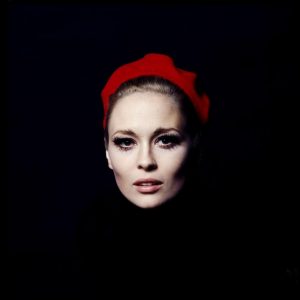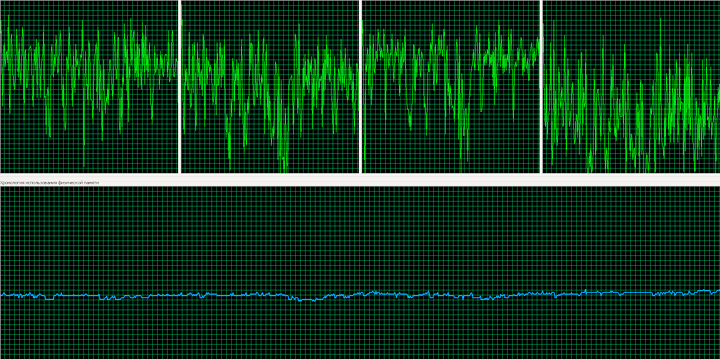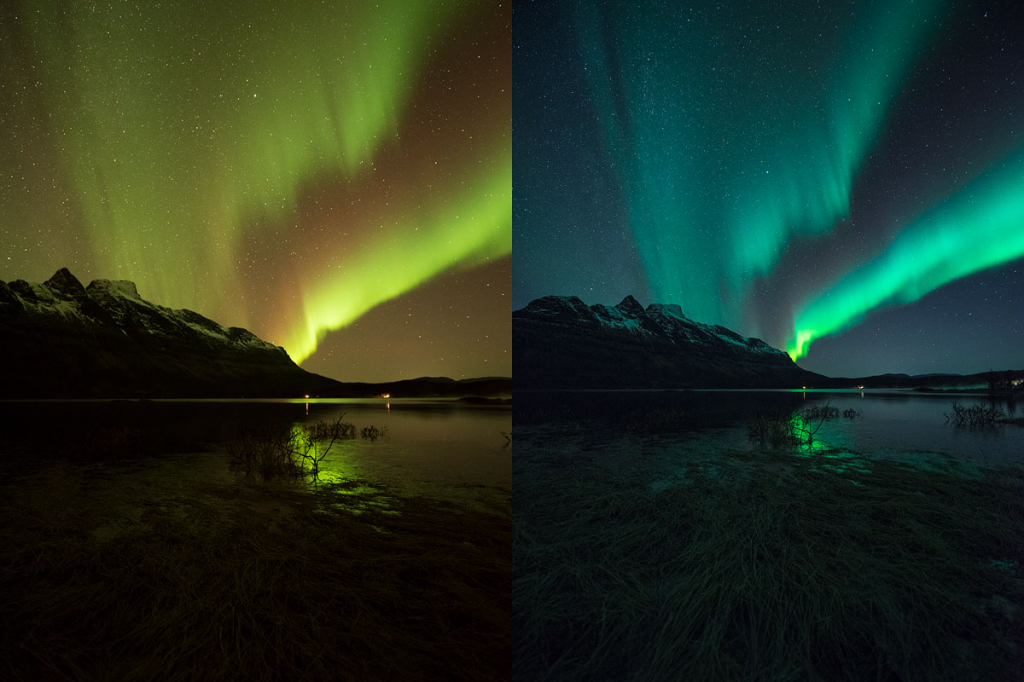JERRY SCHATSBERG – MAN OF THE HOLLYWOOD REVIVAL
 American photographer and filmmaker Gerald “Jerry” Schatzberg is known as the author of the famous Bob Dylan photo from the cover of the album Blonde on Blonde, as well as the owner of the Cannes Golden Palm Branch for the movie “Scarecrow” with Al Pacino.
American photographer and filmmaker Gerald “Jerry” Schatzberg is known as the author of the famous Bob Dylan photo from the cover of the album Blonde on Blonde, as well as the owner of the Cannes Golden Palm Branch for the movie “Scarecrow” with Al Pacino.
However, his forty-year career is more than a list of major achievements, especially since it will take a lot of time to list them.
Jerry Schatzberg – one of the main characters of the Hollywood cinema “Renaissance” of the 70s of the twentieth century. Together with like-minded colleagues and colleagues, he returned to the cinema the importance of introspective storytelling. The emotions of his heroes are restrained, but only for later to be released as brightly as possible. At the same time, Schatzberg’s creative method is not like the “palette” used by contemporaries – Italian-Americans Scorsese, Cimino, de Palma.
He was no less different from the young directors – the future heroes of the screen of Spielberg and Lucas. Schatzberg closer to Terrence Malik – a tough, independent, isolated master of sophisticated set-offs. As a photographer, he is the same “adult”, mature artist, not afraid of sharp provocative presentation or deliberately gloomy decadent paintings.
Separation and an atypical approach to the mainstream did not prevent Jerry Schatzberg from gaining recognition from the general public. He was always in demand as a glossy photographer and celebrity portrait painter. He was posed by actors, writers and rock musicians, including members of The Rolling Stones. It was Schatzberg who photographed them at the dawn of his career for the cover of the single, dressed in women’s costumes. In the gallery of his portraits – Fidel Castro, The Beatles, Andy Warhol, Aretha Franklin, Milos Forman and countless other celebrities.
As a native and resident of New York, the photographer was always able to convey the spirit of freedom of rock clubs and “evil streets”, bohemianity and brilliance, a special aesthetic of American intelligence. Schatzberg was born and raised in the Bronx, and all his life he tried to work away from Hollywood. Despite the fact that he is American in spirit and aesthetics, he is very much appreciated in international cinema for his daring, little inherent approach to the United States. In 2004, he even presided over the jury of the Cannes festival.
Jerry Schatzberg’s biographers say portrait photography taught the author how to work with film actors. The art of the photographer in creating portraits has no equal. He really knows how to discover the true essence, to look behind the scenery, which celebrities fenced off from the outside world. Schatzberg prepared for the shoot, spending a lot of time with his models, and captivating them so that they relaxed and ceased to be afraid of the lens.
The photographer never gave specific directions. He allowed the one who poses for him to independently find his “moment of truth.” This is related to the style of Schatzberg with Andre Curtes, and, in principle, his approach is closer to the classics of the photo than to his contemporaries – Richard Avedon or Irwin Penn. Instead of a rigid frame, he uses the space beyond, knows how to find a balance between freedom of gestures, postures and strict, almost formal harmony.
Jerry Schatzberg is not only a “star portraitist”. He started as an assistant to a New York photographer and an advertising director, and his first photographic success came to him while working in glossy magazines in the early 60s. Literally immediately, they became interested in the photographer in Vogue, Life, Glamor, Esquire and other leading American magazines. Schatzberg’s work expanded the scope of the then strict fashion photography and brought a rebellious spirit to it.
No less rebellious were the series in which the photographer explored the nude genre. Moreover, he shot not only models with perfect bodies, but also ordinary people – with all signs of age, wrinkles, wrinkles. In black and white photos, imperfections turned into a bizarre pattern, these photos fascinate and look like true art.
Another genre that has not ignored Jerry Schatzberg is street reporting. These are traces in the snow, and the streets of his native New York, and idyllic rural landscapes shot on a farm. The photographer’s portfolio also includes photographs from exotic countries – Hong Kong, Tunisia, Iran. All photos are united by recognizable aesthetics, and the vast majority of them are black and white – Jerry Schatzberg rarely works in color.
Success in cinema
Jerry Schatzberg made his first steps as a director in television advertising, he made his debut in a big movie in 1970. From the very first picture, “The Mystery of the illegitimate”, where the main role was played by Fey Dunaway, he became known to the public. In the film about the model, he reflected his own almost twenty years of experience in gloss. The picture is distinguished by a striking authorial look, amazing for a novice director, and an exceptional ability to control the frame and lighting.




